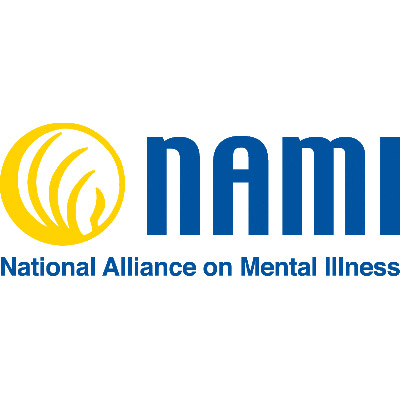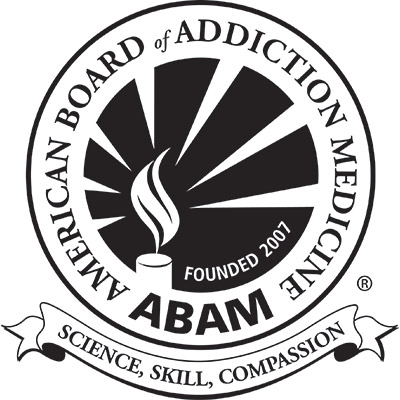It is important to understand what psychiatric medications can do and what to look for in terms of side-effects. In general, psychiatric medications are extremely safe but that does not mean you may not have a serious reaction or side effect. We are attempting to provide you a quick resource to help guide you in your experience with psychiatric medications. It may help in deciding whether to get help or ride out a side effect. As always, when in doubt, call your doctor or get immediate help.




